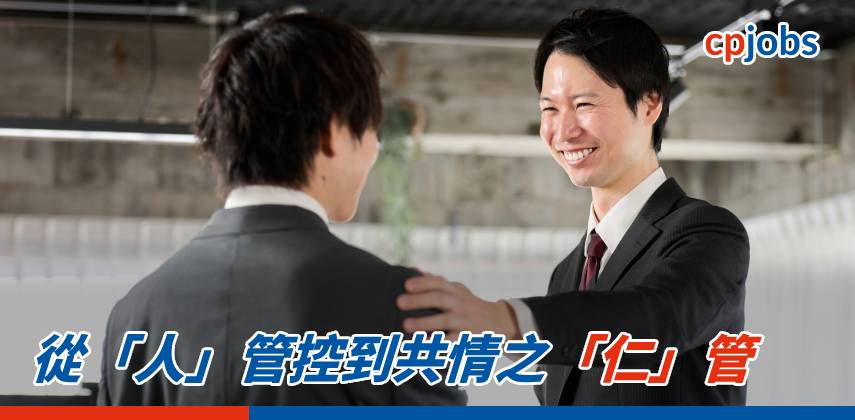Interview candidates are an eager-to-please bunch. Because their future depends on the success of their job interview, Interviewees tend to think that the best way to a successful interview is by having the right answers to all the interview questions. A majority of interview preparations (because you should in fact, be preparing) is focussed heavily on responding to potential interview questions. While this is indeed a crucial element for a favourable interview, there’s another important aspect many people forget to prepare for: asking informed and thoughtful questions of your own.
By asking your own questions and essentially turning yourself into the interviewer, you’re making a strong statement about yourself: that you’re truly interested in the people and the company you’re interviewing with and that you’re also just as discerning about which company you work for as the company is about who to hire.
While there could be any number of questions to ask during your interview, it’s important to remember that the questions you choose to ask will also shed light on they type of person you are. The key is in the quality of your questions, not the quantity. Make sure to ask thoughtful and thought-provoking questions in order to make a lasting impression. Here are some examples of interview questions you should be asking at your next interviews:
“In your personal experience, what is it about Company X that you enjoy working for the most?”
This type of question serves two purposes: it engages the interviewer to connect with you on a more personal level and it reveals your interest in the company and the people there instead of viewing the role as merely a job. By trying to learn more about personal experiences and corporate culture, it helps to give you a better sense of whether or not you’ll be a right fit in this work environment and the interviewer will be impressed that you’re also trying to be discerning with your career choices.
“I understand there is may not be a typical day in a dynamic company like this, but can you try to walk me through some day-to-day responsibilities and expectations in this role?”
Often times, daily responsibilities may seem like minor tasks and can be overlooked in the general job description. By asking what some routine or daily responsibilities may be, the interviewer can bring up anything that may have been accidentally left out. This also gives you a better understanding of the overall role and helps you better manage your expectations.
“Can you shed some light on the company’s performance review process?”
Companies who have a well-placed performance review process want to ensure that their employees are striving for improvement and are willing to be held accountable if they do not meet their goals. By asking about performance reviews, you’re demonstrating an interest and respect for career growth and professional feedback. This type of question is sure to impress, but be ready to speak on this topic in greater detail if the interviewer has any follow-up question for you.
“Where do you see the company going in five years and where do you think it will be in 10?”
Asking about the direction of the company indicates an interest in future success, not just for your own career, but for the company as well. By asking for a projection for their planned successes, you can gain insight on long-term targets and see how you may fit into those goals. The interviewer will see you as a forward-thinker who is interested in the long haul, and not just a job seeker out to fill a role temporarily.
“What qualities do you think will help the person you hire transition smoothly into this role?”
This type of question can be slightly tricky to pull off. If done with too much confidence and self -assuredness, you risk sounding arrogant and can turn the interviewer off the idea of hiring you. Ask with just the right amount of sincerity and curiosity, you come off sounding thoughtful and realistic. Every company wants to ensure that a new hire is the right fit for the role, the team, and the overall corporate culture. By posing this question to them in advance, it offers you a chance to judge if you’re cut out to meet their expectations and lets the interviewer know that you’re just as concerned as they are with fit and having a smooth transition from the time of hiring to having a full command of your role and responsibilities.





